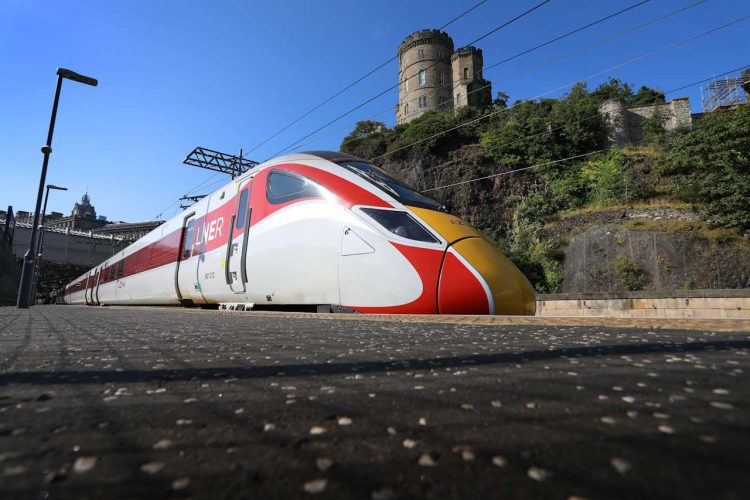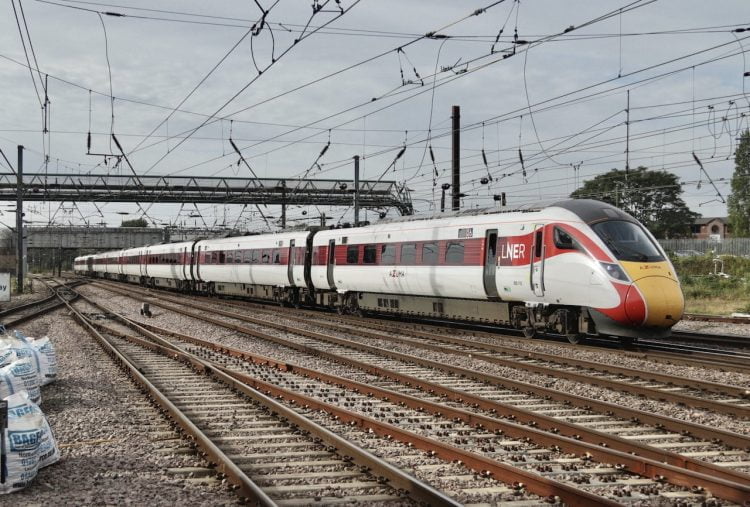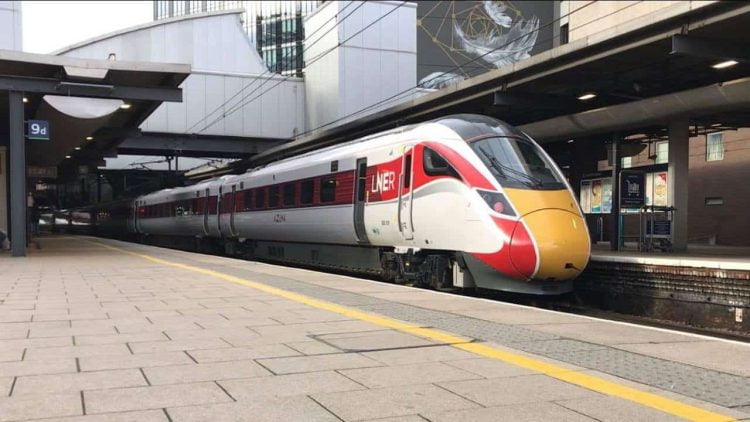Strike action by workers at Hitachi Rail will severely disrupt services from next week on London North Eastern (LNER) and Great Western (GWR) Railways.
Unite and RMT workers employed by Hitachi Rail at depots in Bristol, Plymouth, Penzance, Wiltshire, Swansea, London and Edinburgh strike action Saturday, 27 January 2024 until Friday, 1 February 2024.

Over 300 Unite members and members of the RMT who work as technicians, maintenance crews and engineers at Hitachi Rail are unhappy that they have been offered a pay increase of just 5.5 or 6 per cent.
They are unhappy at such a low offer in the middle of a cost-of-living crisis when they carry out highly skilled safety-critical roles which ensure that trains are fit for service.

RMT members at Craigentinny, Bounds Green and Doncaster maintenance depots as well as members at Outstations and Maintenance Control
Unite Union members working for Hitachi Rail will also be taking strike action at the same time in protest at an offer of 6%.
Unite general secretary Sharon Graham said: “Hitachi is making enormous profits in the UK and yet it is trying to short-change our members with this real-terms pay cut.
“These workers are highly skilled and perform a safety-critical role and yet are being chronically undervalued by their employer. Hitachi needs to know our members won’t stand for such penny-pinching as they head to the picket line.”

RMT general secretary Mick Lynch said: “Workers at Hitachi Rail do a range of highly skilled work ensuring that trains and infrastructure are all working properly. However, bosses at the multi-million-pound company are undervaluing their own staff by being greedy and not offering a decent pay rise.
“This sustained action by Hitachi Rail workers will send a clear message to the company that we will not rest until we get a negotiated settlement on pay that rewards our members sufficiently.”
Hitachi Rail spokesperson said: “We are disappointed at the trade unions’ decision to carry out industrial action.
We believe the combination of last year’s pay increase, and this year’s pay proposal, is fair and highly competitive in the current economic environment.
We will continue to work with the trade unions to find a solution.
In the meantime, we are working with relevant operators to put in place contingency plans to mitigate the impact of industrial action.”





Responses
Given up on railway, totally rubbish.
Pay rise for what!!
Service been crap for years.
Buy a car not that the roads are much better!!
I’m getting a pay rise of 3% so these unions have no respect to strike for 5.5%. Disgusting
The people who suffer at the hands of rail unions is the public, individual members the public who are e taxpayers and passengers ( many of which are both)..The various elements of the rail workers who are attempting to strike, are better paid then many private sector workers and have better conditions ( I know Hitachi workers are technically private sector).They have all been offered better rises that many in private sector could hope for.The RMT conductors caused months of pain on railways before they settled.As a member of the public I am left wondering why we bother aspiring to use the railways.What would be the point of taking advantage of the Great British Railway discount offer , if I discovered that the day I choose to travel was a strike day.These workers are just taking the public for a ride and is not necessarily a train one.
Has giving more paths to Luma to grow business/profits and the prevention of an inflation level of wage increase to LNER staff anything to do with the Tory Government’s anti-public ownership policy?